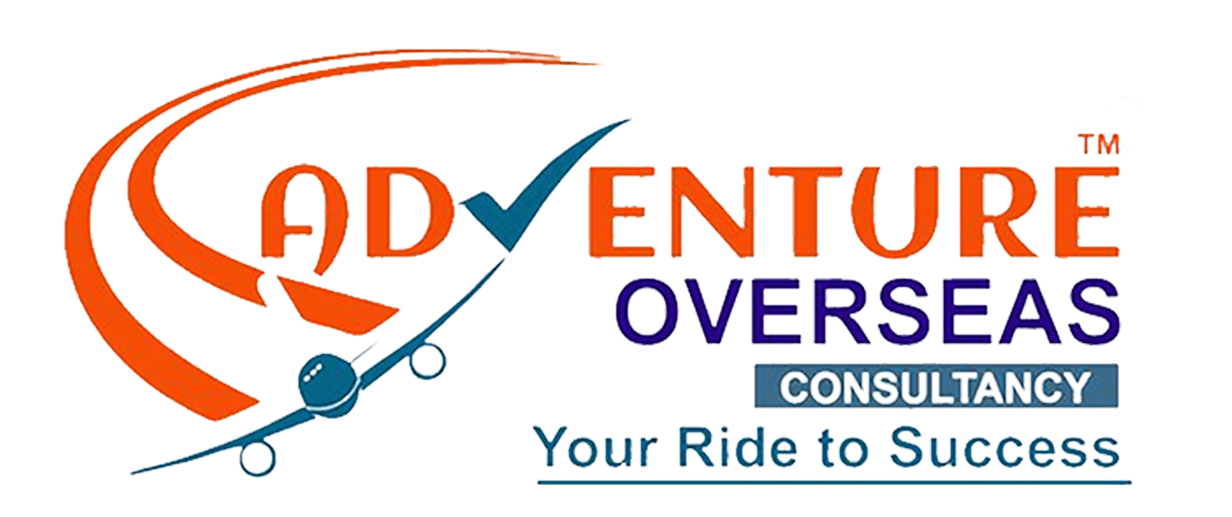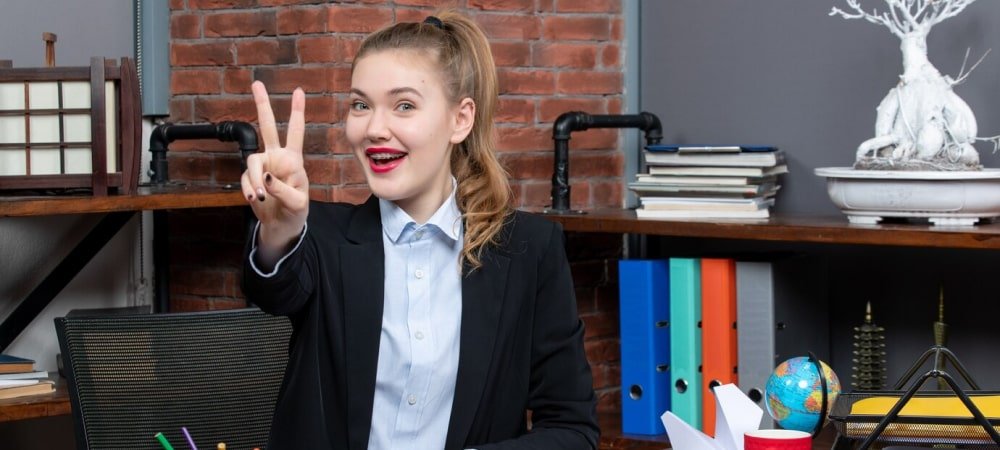Securing a student visa is a crucial step for anyone planning to study abroad. One of the most important parts of this process is the visa interview. This comprehensive guide provides top tips to help you prepare for your student visa interview, ensuring you present yourself as a strong candidate to the visa officers.
1. Introduction
Preparing for a student visa interview can be a daunting task, but with the right preparation, you can approach it with confidence. This guide will provide you with the top tips to help you succeed in your student visa interview.
2. Understanding the Purpose of the Interview
The primary purpose of the student visa interview is to ensure that you are a genuine student with legitimate intentions to study abroad and that you meet all the requirements for a visa. Visa officers assess your sincerity, financial stability, and intent to return to your home country after your studies.
3. Research and Preparation
Know the Country’s Visa Policies
Understanding the visa policies of the country where you intend to study is crucial. Each country has specific requirements and procedures, so familiarize yourself with these to avoid any surprises during your interview.
Understand the Educational System
Having a good grasp of the educational system in your destination country shows that you are serious about your studies. Learn about the structure, duration, and recognition of the degrees offered.
Familiarize Yourself with Your Chosen Institution
Knowing detailed information about your chosen institution demonstrates your commitment. Learn about its history, programs, faculty, and any notable achievements.
4. Gathering Required Documents
Having all the necessary documents organized and ready is a key part of your preparation. Here’s a detailed look at what you need:
Passport
Ensure your passport is valid for at least six months beyond your intended stay and has enough blank pages for visa stamps.
Visa Application Form
Fill out the visa application form accurately and double-check all the information provided.
Financial Documents
You need to prove that you have sufficient funds to cover your tuition fees and living expenses. This can include bank statements, scholarship letters, or affidavits of support.
Admission Letter
Provide an official letter of admission from your chosen educational institution, detailing your acceptance and the course you will be studying.
Proof of Ties to Home Country
To convince visa officers that you will return home after your studies, provide evidence of strong ties to your home country. This can include family connections, job offers, or property ownership.
Academic Documents
Submit copies of your previous academic qualifications, including transcripts and diplomas.
5. Common Interview Questions
Visa officers typically ask a range of questions to assess your eligibility. Here are some common categories:
Questions About Your Study Plans
- Why did you choose this particular course?
- Why did you choose this university?
- How does this program align with your career goals?
Questions About Your Financial Situation
- How will you finance your studies and living expenses?
- Can you provide details about your financial sponsors?
Questions About Your Ties to Your Home Country
- What are your plans after completing your studies?
- Do you have family or job commitments in your home country?
Miscellaneous Questions
- Have you ever traveled abroad before?
- What do you know about the culture of the destination country?
6. Answering Strategies
Effective answering strategies can make a significant difference in your interview:
Be Honest and Concise
Always provide truthful answers. Avoid giving long-winded responses; keep your answers clear and to the point.
Provide Specific Examples
Whenever possible, support your answers with specific examples or experiences. This adds credibility to your responses.
Show Genuine Interest and Commitment
Demonstrate your enthusiasm for studying abroad and your chosen field. Convey your long-term academic and career plans.
7. Mock Interviews
Practicing through mock interviews can help you prepare:
Practicing with Friends or Family
Conduct mock interviews with friends or family members to get comfortable answering questions aloud.
Seeking Professional Help
Consider seeking assistance from a professional visa consultant or career counselor who can provide valuable feedback and tips.
8. On the Day of the Interview
Your conduct on the interview day can influence the outcome:
Dressing Appropriately
Dress in formal or business attire to make a positive impression.
Arriving Early
Arrive at the interview location early to avoid any last-minute stress.
Maintaining Composure and Confidence
Stay calm and composed during the interview. Confidence can help you communicate more effectively.
9. Post-Interview Steps
After the interview, there are several steps to consider:
Following Up if Necessary
If required, follow up with the consulate or visa office for any additional information or documents.
Preparing for Next Steps if Approved
If your visa is approved, start preparing for your departure, including travel arrangements and accommodation.
Handling Rejection Gracefully
If your visa is denied, ask for feedback and understand the reasons. You may have the opportunity to reapply.
10. Additional Tips for Success
- Be Polite and Respectful: Courtesy goes a long way in making a positive impression.
- Stay Informed: Keep up to date with any changes in visa policies or requirements.
- Be Prepared for Unusual Questions: Sometimes, visa officers may ask unexpected questions to gauge your spontaneity and sincerity.
- Stay Positive: Maintain a positive attitude throughout the process, even if faced with challenges.
11. Conclusion
Preparing for a student visa interview requires thorough research, careful preparation, and a positive mindset. By understanding the purpose of the interview, gathering the necessary documents, practicing common questions, and presenting yourself confidently, you can significantly increase your chances of success. Following these top tips will help you approach your student visa interview with confidence and clarity, paving the way for an exciting academic journey abroad.

